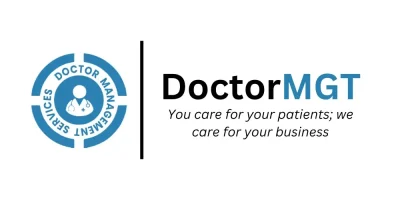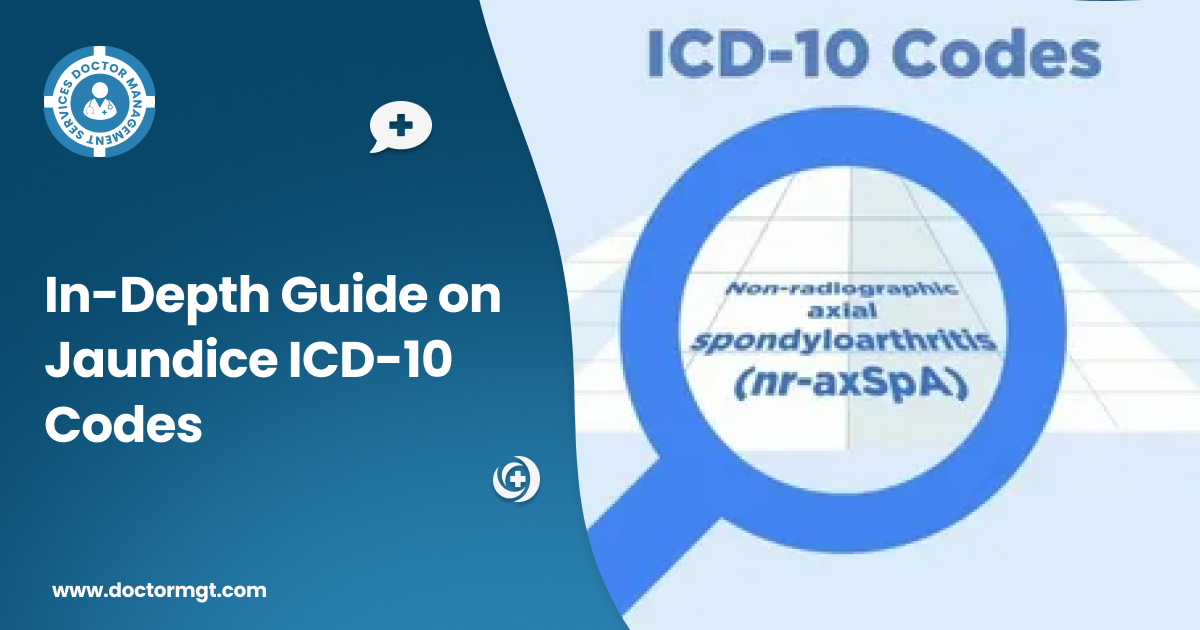Navigating conversations with your pain management doctor is pivotal for effective treatment and building a positive doctor-patient relationship. Communication assumes an urgent part in guaranteeing that your pain management plan is tailored to your unique necessities. In this blog, we’ll delve into the subtleties of what not to say to your pain management doctor, providing valuable insights to enhance your healthcare experience.
Understanding the Importance of Effective Communication:
Effective communication goes beyond conveying information — it includes active listening, understanding, and adapting to every patient’s special needs. It is the bridge that connects you and your pain management doctor, considering a more comprehensive way to deal with your considerations. By straightforwardly sharing your experiences, concerns, and objectives, you empower your doctor to settle on informed choices that line up with your health circumstances.
Building a Positive Patient-Doctor Relationship:
The dynamics between a patient and their pain management doctor extend beyond the clinical setting. A positive relationship is cultivated through ongoing communication, respect for each other’s expertise, and a shared commitment to improving your well-being. Trust is a two-way street, and by being an engaged and informed patient, you contribute to a collaborative partnership that enhances the overall quality of your healthcare experience.
What Not to Say to Your Pain Management Doctor?
I Just Need Stronger Medication
Expressing the desire for stronger medication without giving definite data about your ongoing treatment’s effectiveness might flag substance-seeking behavior. All things being equal, examine your pain levels, any side effects, and how well your ongoing medicine is working.
I’ve Been Seeking Alternative Treatments Without Telling You
While investigating alternative treatments is understandable, keeping this data from your pain management doctor ruins their ability to coordinate complete consideration. Be open about any complementary therapies you’re thinking about to guarantee a comprehensive way to pain management.
I Don’t Think Physical Therapy is Helping
If you’re experiencing challenges with physical therapy, constructively impart this. Talk about specific concerns or limitations, permitting your doctor to investigate alternative approaches or modifications to your ongoing plan.
I Read Online That…
The internet is a vast source of data, however not every last bit of it is exact or applicable to your unique situation. Instead of relying solely on online sources, counsel your pain management doctor for customized advice and guidance given your medical history and condition.
I Don’t Believe in Pain Management
Expressing disbelief in pain management can make a huge roadblock in your treatment journey. All things being equal, discuss any reservations or concerns you might have, doctor management services permitting your doctor to address them, and give data that might alleviate your doubts.
Pain management Assessment scale:
Constructive Alternatives: How to Frame Concerns Positively?
| 10 | Worst pain you can imagine |
| 7-9 | Severe Pain “Pain keeps you from doing your regular activities.” Pain is so bad that you can’t do any of your regular activities, including talking or sleeping. Pain is so intense that you have trouble talking. Pain distracts you and limits your ability to sleep |
| 4-6 | Moderate Pain “Pain may interfere with your regular activities.” Pain makes it hard to concentrate. You can’t ignore the pain but you can still work through some activities. You can ignore the pain at times. |
| 1-3 | Mild Pain “Pain doesn’t interfere with your regular activities.” You may notice the pain but you can tolerate it. You may feel some twinges of pain. You may barely notice the pain. |
| 0 | No Pain |
While discussing concerns with your pain management doctor, the way you articulate your considerations can altogether affect the effectiveness of the conversation. Framing your concerns positively can cultivate a cooperative environment and add to a more useful dialogue. Here are a few constructive alternatives to consider:
Focus on Specific Symptoms:
Rather than saying, “These medications aren’t working,” have a go at communicating, “I’ve noticed determined discomfort in specific areas. Can we explore alternative treatments or change my ongoing medications to address these worries?”
Discuss Side Effects Clearly:
Rather than stating, “I can’t tolerate this medication,” give details like, “I’ve experienced dizziness and sickness with the current medication. Is there an alternative with fewer side effects we can consider?”
Request Information:
As opposed to offering definitive statements such as, “I don’t think physical therapy is helping,” about the progress by saying, “I’ve been consistent with physical therapy, however, I’m unsure about its effect. Can we discuss the objectives and expectations to guarantee I’m on the right track?”
Seek Guidance on Alternative Therapies:
Instead of saying, “I’ve been exploring alternative treatments without telling you, “be transparent by stating, “I’ve been researching complementary therapies. Could we discuss whether any of these may align with my pain management plan?”
Express Concerns About Online Information:
Rather than asserting, “I read online that…” which could not generally be accurate, ask for clarification with, “I went over some data online. Can doctor management discuss if it’s relevant to my condition and treatment plan?”
Voice Treatment Preferences:
As opposed to communicating mistrust in pain management, convey your inclinations like, “I’m open to different treatment choices. Can we research alternatives that line up with my beliefs and comfort level?”
Framing concerns in a positive light not only assists your pain management doctor in grasping your requirements better yet in addition encourages a cooperative approach to finding solutions. Keep in mind that your doctor is there to work with you, and helping constructively to improve the quality of care you get.
The Role of Trust in Patient-Doctor Relationships
Building trust takes time, and it’s a two-way street. By being open, honest, and respectful in your communication, you add to a trusting relationship with your pain management doctor. Trust frames the foundation for effective collaboration, prompting better-informed decisions and further developed pain management systems.
Conclusion:
In the realm of pain management, effective communication is a continuous cycle that develops with your health journey. By embracing a collaborative mentality, avoiding potentially counterproductive phrases, and reliably engaging in open dialogue, you add to the making of a personalized, effective, and compassionate pain management plan. Keep in mind, that your voice matters in the realm of healthcare, and encouraging a positive patient-specialist relationship can prompt improved results and an improved quality of life.





